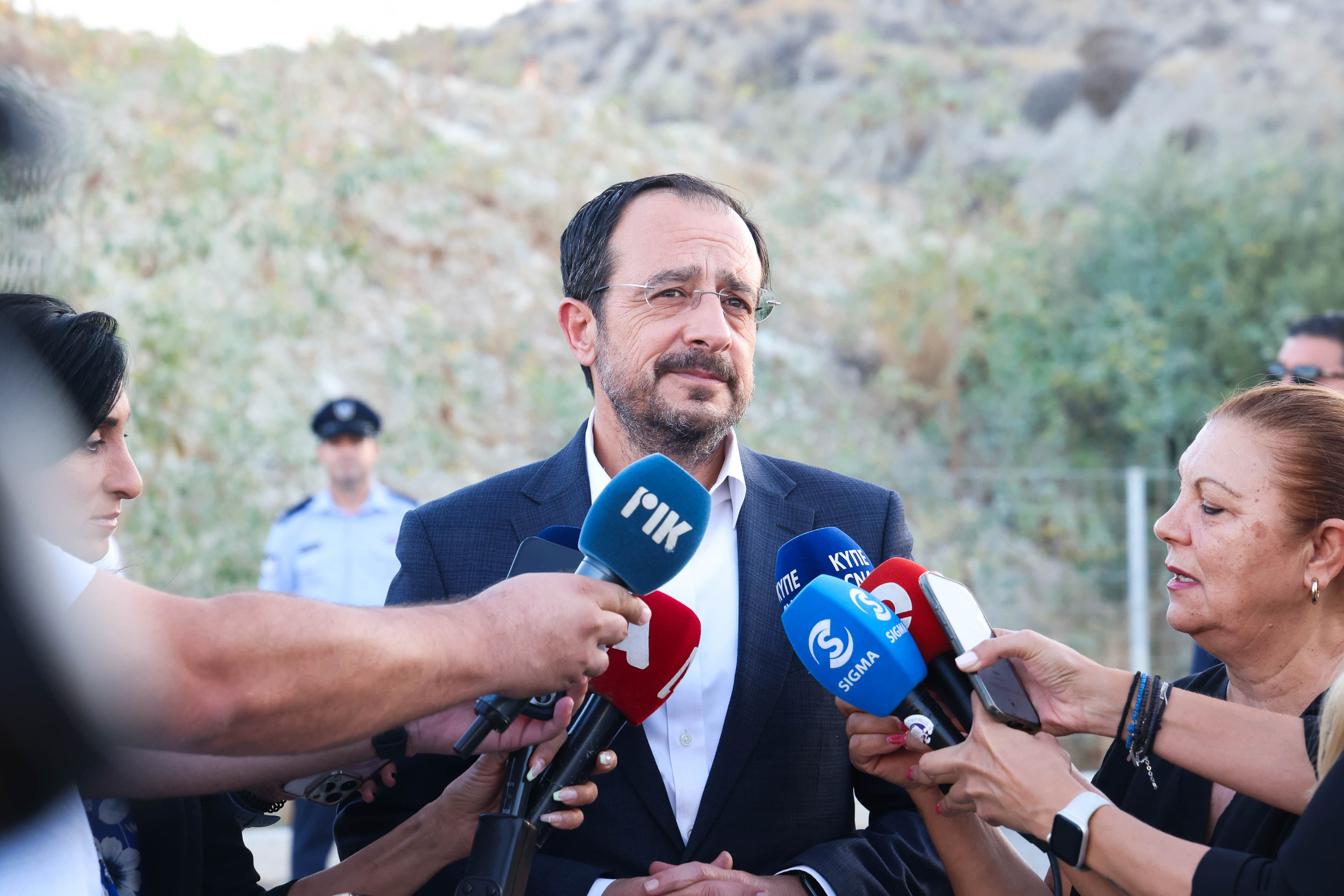The noise surrounding the Great Sea Interconnector (GSI) may have died down after the exchanges between the governments of Greece and Cyprus over the previous weeks, but the problem has not disappeared.
Despite Monday’s verbal assurances that Cyprus was committed to the project by President Nikos Christodoulides, the dispute has not been resolved, as Nicosia has made no effort to raise the €25m it has agreed to pay Admie, the project promoter, this year. The Cyprus government line that there are still three-and-a-half months for the government to meet the payment deadline is not very reassuring for Admie, Greece’s power transmission operator, which is majority-owned by the state.
Last Sunday, in a clear dig at the Cyprus government, Greek prime minister Kyriakos Mitsotakis said that for the GSI project to go ahead, Cyprus “must prove in practice that it wants it.” We suspect he was referring to the annual payment of €25m which the Cyprus government has agreed to pay Admie over the next five years, but all he got were some more verbal assurances from Christodoulides the next day that Cyprus was “absolutely committed” to the project.
How could this be taken seriously, when his Finance Minister Makis Keravnos insists the project is unviable and says he has two studies to prove it? On Monday, he told a television show that nobody knows how much the GSI would eventually cost, with estimates ranging from €2bn to €3bn; he also claimed it was unknown when the project would be up and running. Such fears are justified, to an extent, considering the costly failure of our energy projects, but is it not too late now to pull out?
The government never showed much enthusiasm for the project, although it acknowledged its strategic importance – connecting the island to the EU energy grid and ensuring more competitively priced electricity. Only Energy Minister Giorgos Papanastasiou saw the benefits of the project and has consistently supported it. And, it is not only the cabinet divided over GSI. Politicians and media are also taking sides, some supporting the project and others strongly opposing it.
The opposition could be linked to the protection of local interests. For example, if electricity brought in by GSI is considerably cheaper than the power produced by EAC would this not be a threat to the authority’s future? Would the producers of power from renewable energy sources, who are currently paid premium rates for their electricity, remain profitable when they have to compete with cheaper electricity arriving from abroad? The same applies to any private power station that will enter the market and will need to recoup the investment.
There are also strong backers of the project who argue that Cyprus’ energy isolation must end and that competition in the energy market is desperately needed. There is also Israel, which is also interested in the project, as the second phase of this ambitious plan is to connect Cyprus to Israel through sub-sea cable. This is some time away, but a few days ago an unnamed Israeli government official was quoted as saying that GSI was a “top priority for Israel,” as if Israel, which has made no investment in the project, has a say.
Greece’s concerns are understandable as there has been no clarity from Cyprus, which grudgingly entered the agreement, that the European Commission will invest €654m in, and has been dragging its feet ever since. It had even sought security assurances because of fears that Turkey would prevent the project. There have been threats by Turkey recently, but would the Commission allow Turkey to scupper a project in which it will have invested more than half a billion euros?
What is incomprehensible is that the obviously strained relations with the Mitsotakis government do not seem to bother Christodoulides, who has championed closer cooperation including joint cabinet meetings. Yet he brushed aside the publicly expressed concerns of Greece’s PM and deputy PM, responding in a dismissive way, and letting it be known that he would discuss the matter with Mitsotakis when they meet in New York later this month. This was also strange, considering for much more trivial issues he has got on his private jet and flown to Greece for a meeting with the Greek PM.
Christodoulides cannot continue this game. He needs to offer the Greek government the clarity it demands and, as Mitsotakis said, “prove in practice that he wants the project,” something he has so far failed to do. And if he does not want the project to happen, he should honestly say so.






Click here to change your cookie preferences